21 Tips For Turning Your House Into A Rental Property
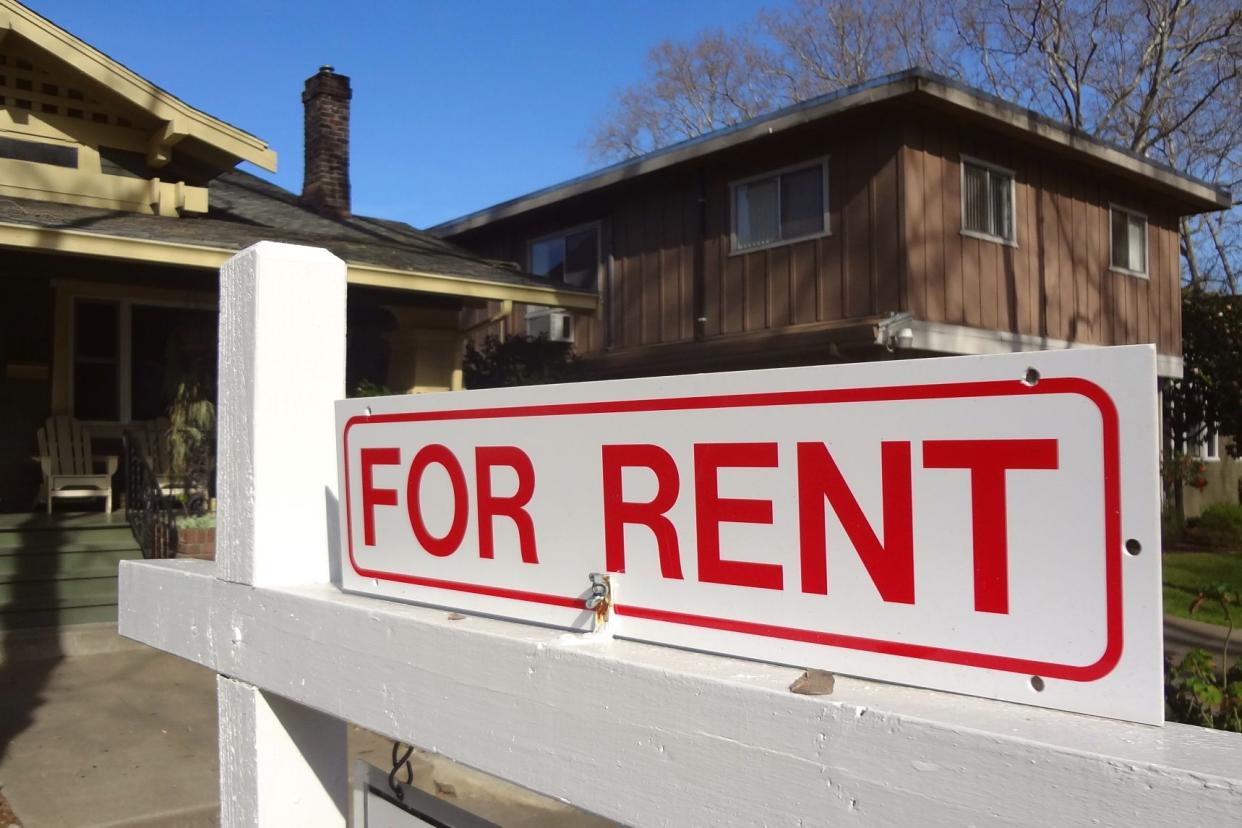
Room for Rent
Thinking of moving? Before planting a "for sale" sign in your yard, consider this: You may be able to make money with your current home by turning it into a rental. There is a process to that, but it can be done in a smart, efficient way. And done right, you can easily attract the types of people who would rather rent than own their own home. We spoke to a realtor and a property manager to find out some of the important steps to turn the home you own into a lucrative rental, and some of the money pits to avoid.

Get the Right Mortgage
If you've been living in your home, you'll need to convert to an investment mortgage. "The rates are usually a little bit higher, but there is a specific mortgage that can be an investment mortgage," Keller Williams sales associate Cathy Harris Banu told Cheapism. "You need to inform the mortgage company ... let them know that you're turning this into an investment property."

Make Repairs Before Tenants Move In
You can't afford to make repairs while a tenant is living there. "We want to repair anything before they move in because after they move in, things become a lot more difficult," says Jesse Sasomsup, president of PMI Property Management. Also, he notes, avoid repeated repairs. "Landlords have to understand that they are responsible to repair everything that they provide. If it's going to cost more for you to keep fixing and maintaining it, might as well just replace it."
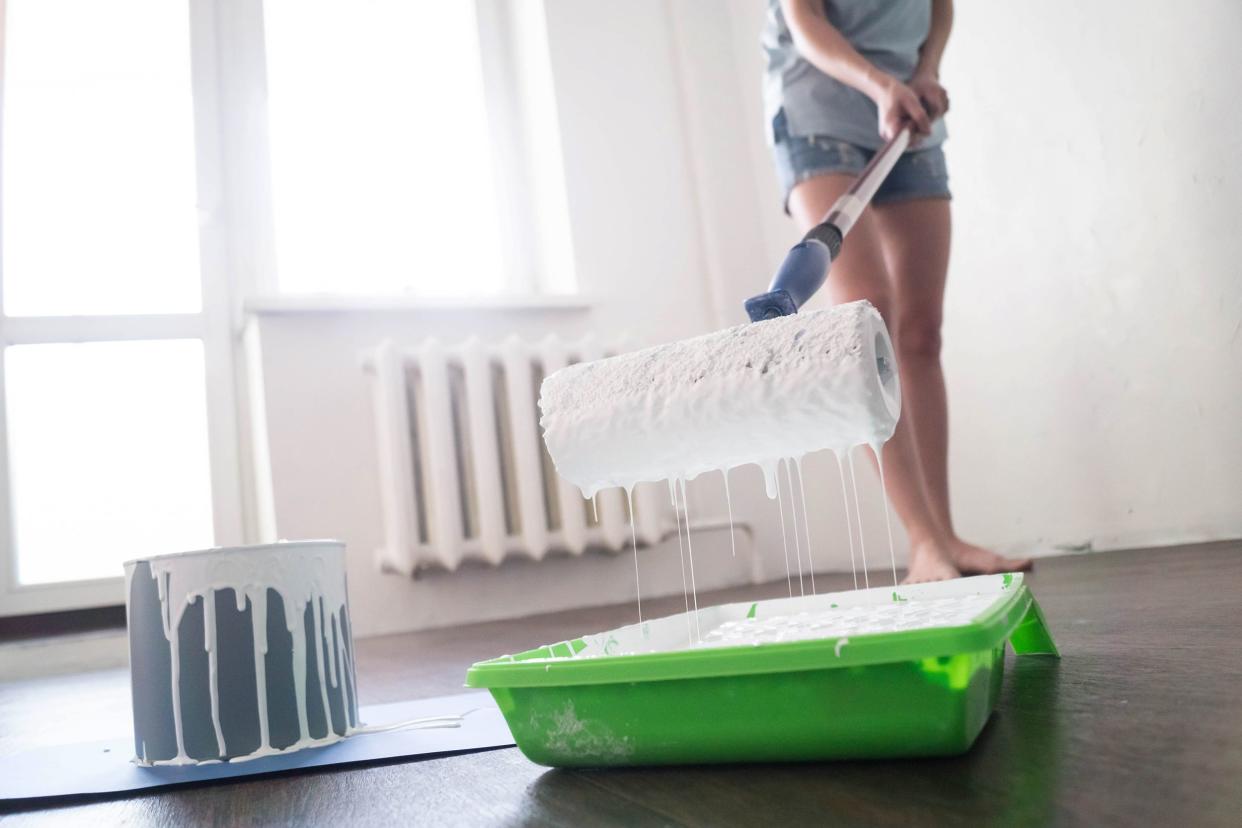
Always Repaint and Upgrade Appliances
Two easy ways to add value to a rental unit are fresh paint and new appliances. "People walk in, they want to see things freshly painted," Banu says. "A fresh coat of paint, new appliances, and you can ask top dollar for your home. New appliances can add a great deal of value to a home."
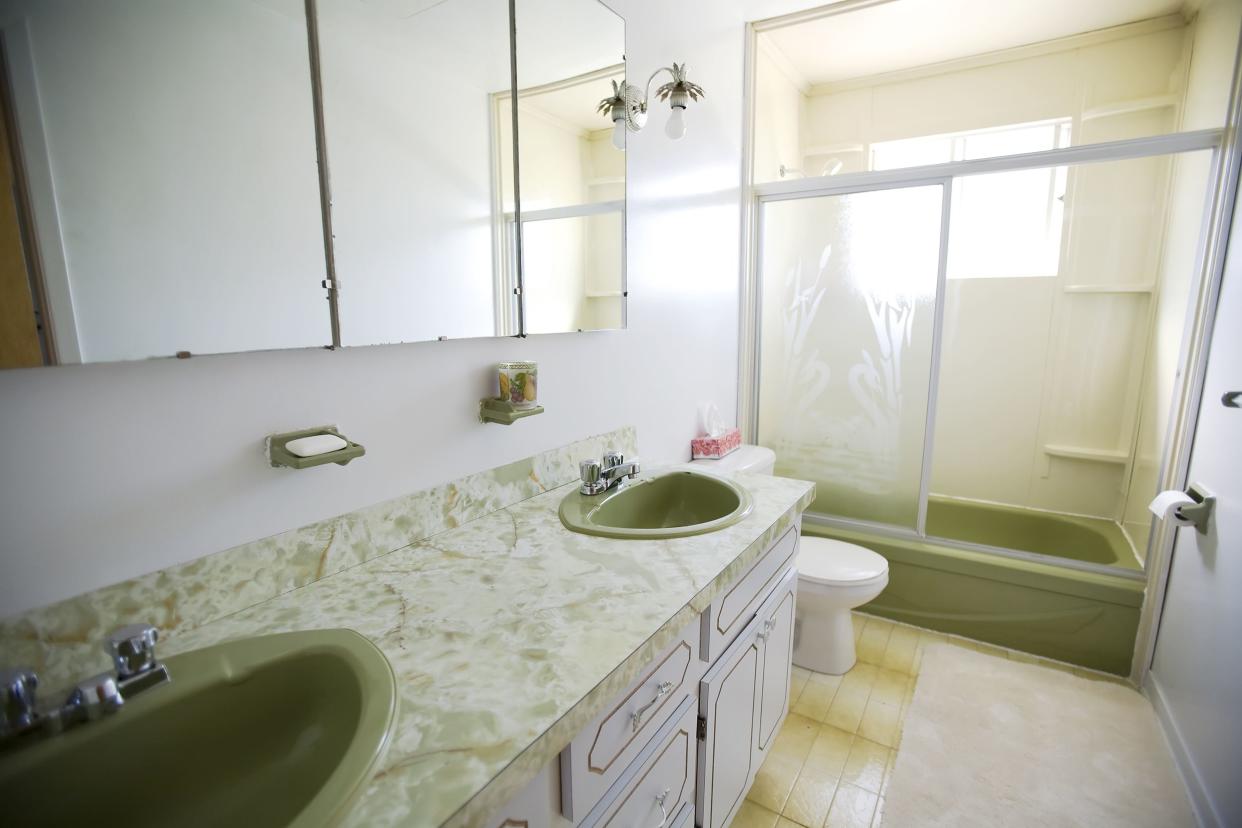
Skip Bathrooms and Kitchen Remodels
Kitchen and bath upgrades add up quickly, so unless there are extenuating circumstances, you probably don't need to upgrade either. "If it's over 50 years old, it's time to do a renovation on the kitchen," Sasomsup says. "The kitchen and the bathroom are the expensive items I don't really recommend replacing unless they are really outdated, really old, or have been damaged."
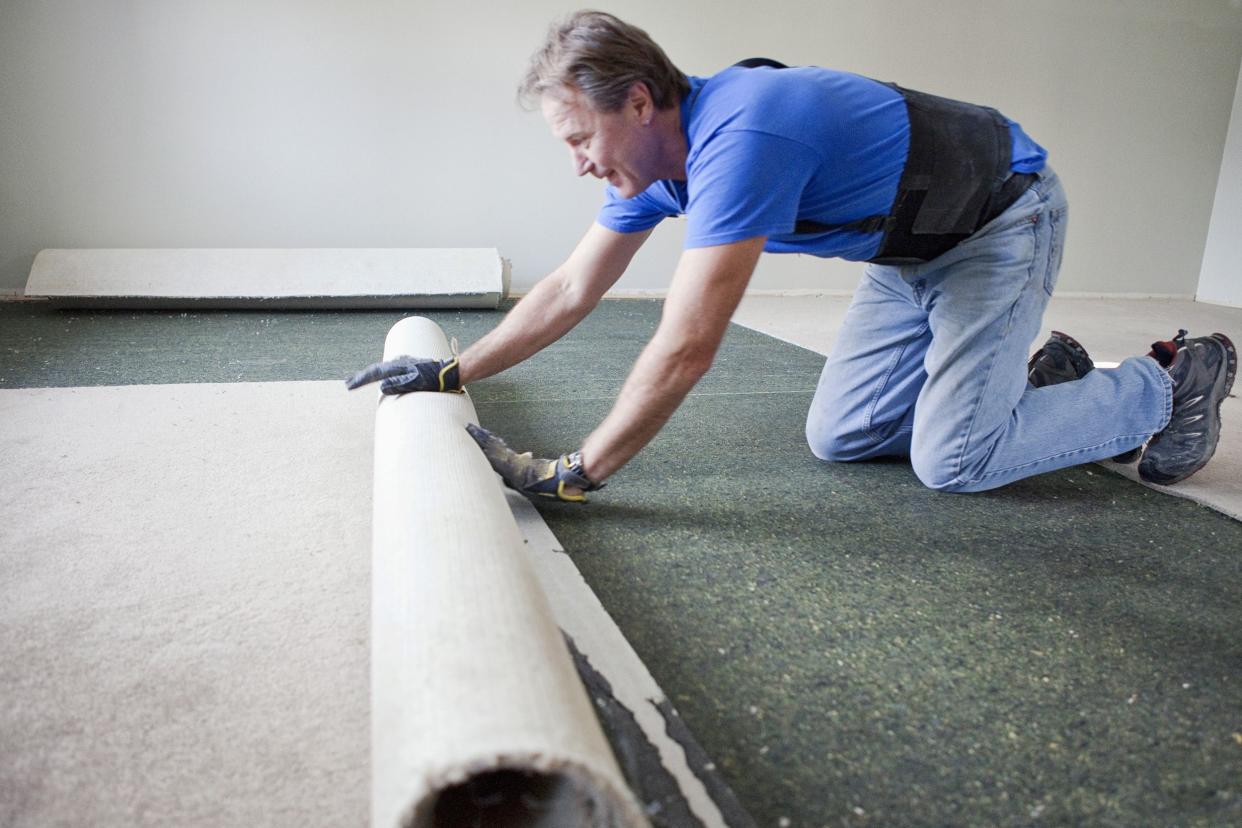
Kick the Carpet to the Curb
Sasomsup cautions that old carpet can lower a rental home's value. "If the carpet is over 7 years old, it might be better to replace it if it looks really old," he explains. "If [your renters] don't wear shoes inside the house then it might last a few more years." You could also consider cleaning it to see how much that improves its appearance. Banu, however, suggests ripping it out entirely. "[Renters] do not want to see carpeting in a home," she says.

Plan to Spend More for Insurance
Your homeowner's insurance only covers owner-occupied homes, so when you move new people in you'll have to switch your policy. "It usually costs about 20% more for insurance for an investor than it does for a homeowner," Banu says. "I also think tenants should look into their own insurance because a landlord is basically insuring the property itself. They should get renter's insurance [for] their personal property."

Join an Association
Many cities have apartment associations that provide landlord support. For example, Los Angeles has AAGLA, and these organizations can help rental property owners with local rules and technicalities. "It's very hard for the landlord to keep up with the laws because they're constantly changing," Sasomsup says. "I would recommend that they join an association like AAGLA so they can be well-informed and constantly updated with the new laws that are coming out."

Check Local and HOA Regulations
Every city is different, and many developments within cities have their own HOAs. Even if you don't join a group, you need to investigate your community's specific rules. "Some associations will only allow 12-month rentals," Banu says. "They don't want vacationers coming in and out every week. There are some associations that will not allow renting at all. Each town has the right to set their own regulations."

Check Zoning Specifics
The good news is that if you own your home, zoning was probably already taken care of by the developer. "If you own a home, your home is most likely in a residential zone already," Sasomsup says. However, there may be specific limits to the number of tenants who can live in the home, so you'll need to check.

Consider an LLC
One way to legally protect yourself and limit personal liability, Banu says, is to turn your home into a limited liability company, or LLC. Doing so costs money — around $600 to go the DIY route, more to have an attorney handle most everything — so Banu recommends factoring that into your budget.
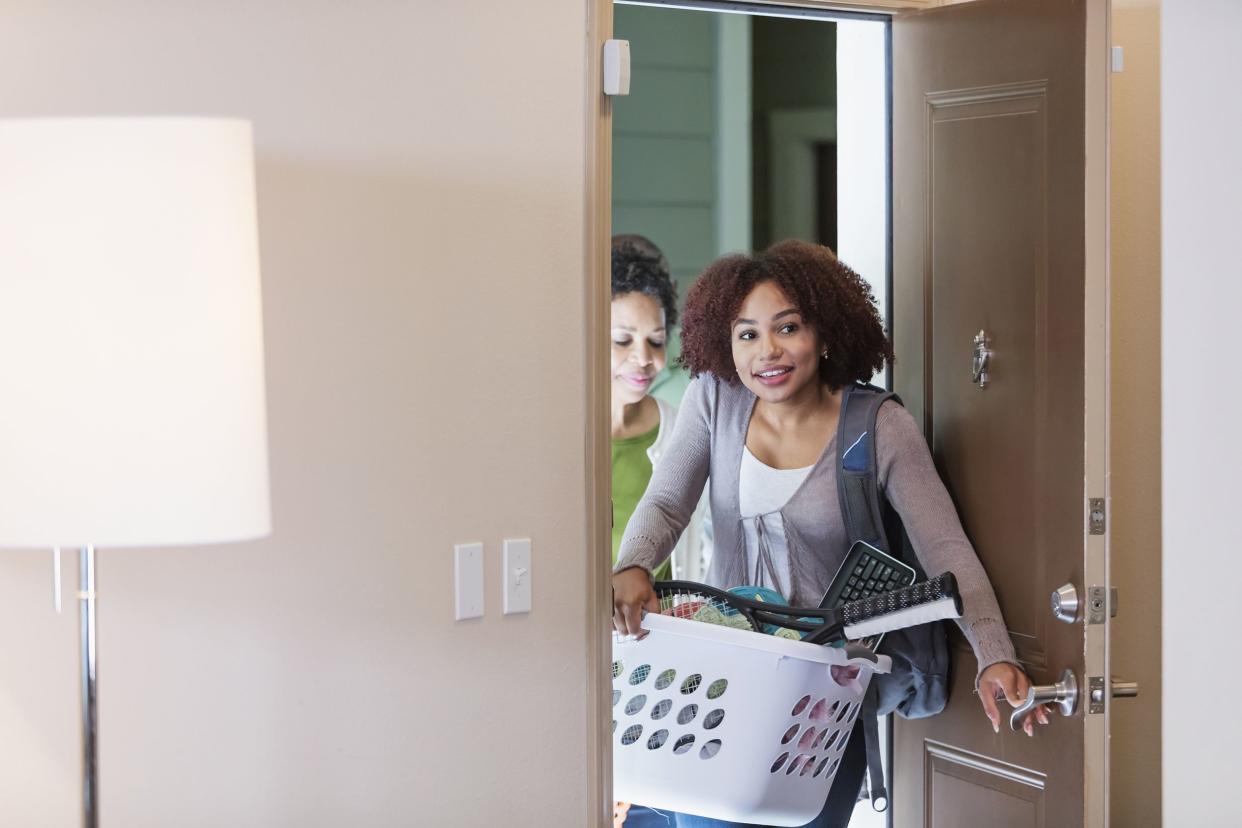
Avoid Unoccupied Months
The greatest cost to a landlord is having the home unoccupied, as each empty month is lost income. "Homeowners generally underestimate how much time it takes for them to complete the turnover" from one tenant to the next, Sasomsup warns. "They think it's going to be one month. It takes two or three months." So, the lesson here? Start advertising for new tenants earlier than you think you should.
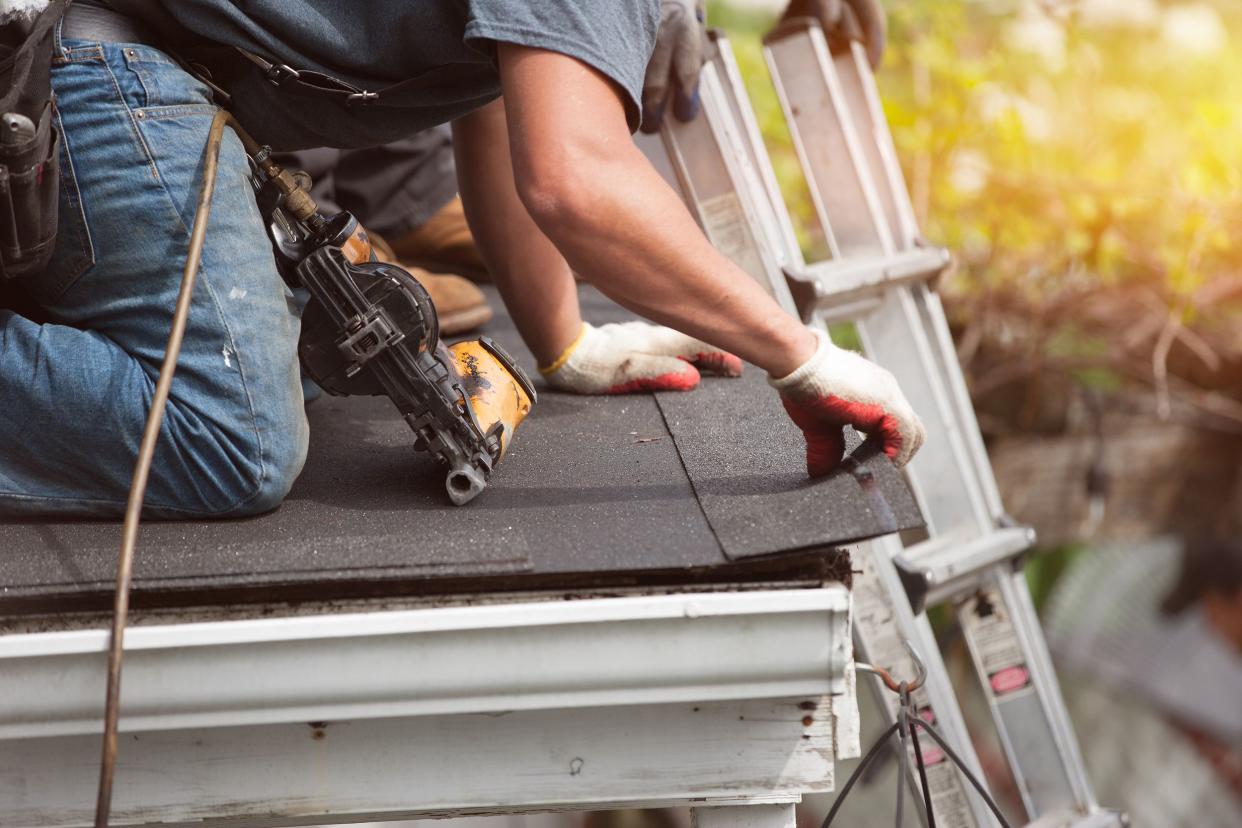
Don't Waste Time Negotiating Contractors
Instead of shopping around to save a few hundred bucks on repairs, get them done ASAP so that you can move a rent-paying tenant into your house. "[Landlords] get four or five bids … to save a few hundred bucks, but then they spend a month trying to locate a vendor that gives them this price," resulting in loss of rental income, Sasomsup says.

Location Is Still King
The rules of real estate still apply to rentals — meaning where your property is located is a major factor. "Anywhere near train towns where people are commuting into the city, they go for a higher rent," Banu says, "so location is something you should look at also."
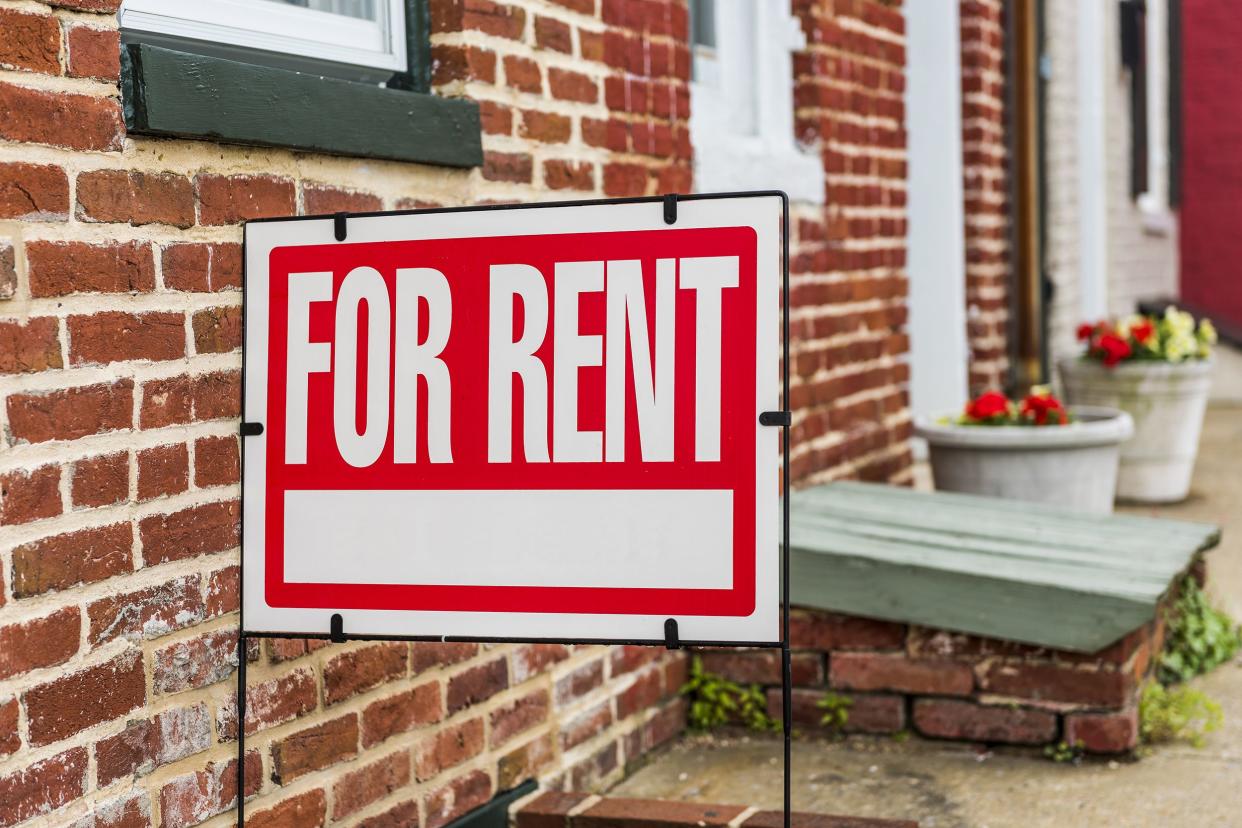
Price It At Market Value or Lower
Another hidden cost would be trying to get more than the market value of your home. If you're holding out for an extra $100 a month, you could miss whole months of rent payments, Sasomsup says. "I would recommend that they price the property at the market value or a little bit below the market value if they want to rent it out quickly," he adds. "The key is to rent it out as fast as possible."

Exterior Maintenance Costs
Homeowners may want to include landscaping maintenance in their monthly rent. If you live somewhere cold, you'll also need to plan for snow removal during the winter. "All these things need to be spelled out in the lease," Banu says. "That will make a landlord's life much easier — especially if the landlord is out of state, you need to determine those factors ahead of time."
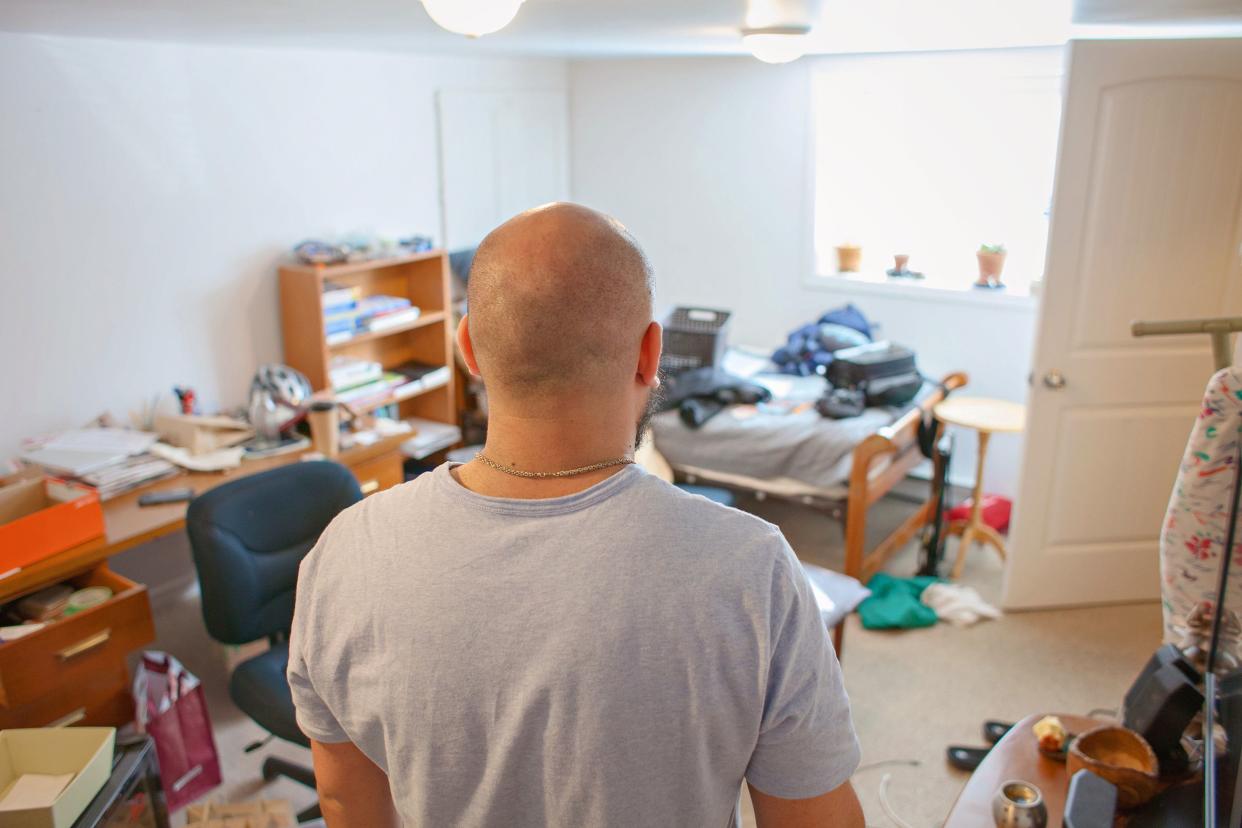
Document Before Move-In Day
When you're ready to move a tenant in, photograph your home so there's a record of its prior condition. "We have a 360-degree camera so with one click of the button, we take a picture of the entire property," Sasomsup says. "If you don't have that kind of camera, take as many as possible so when [renters] move out there's no dispute."

Hire a Property Manager
A property manager can help you find a renter quicker and avoid vacancy, Sasomsup says. "It might sound biased because this is what I do, but in my honest opinion a good property manager doesn't cost. It pays to have one, especially if you live out of state ... you need someone who can be in charge of the property." But, even "if you live locally," he adds, "I also recommend you get one."
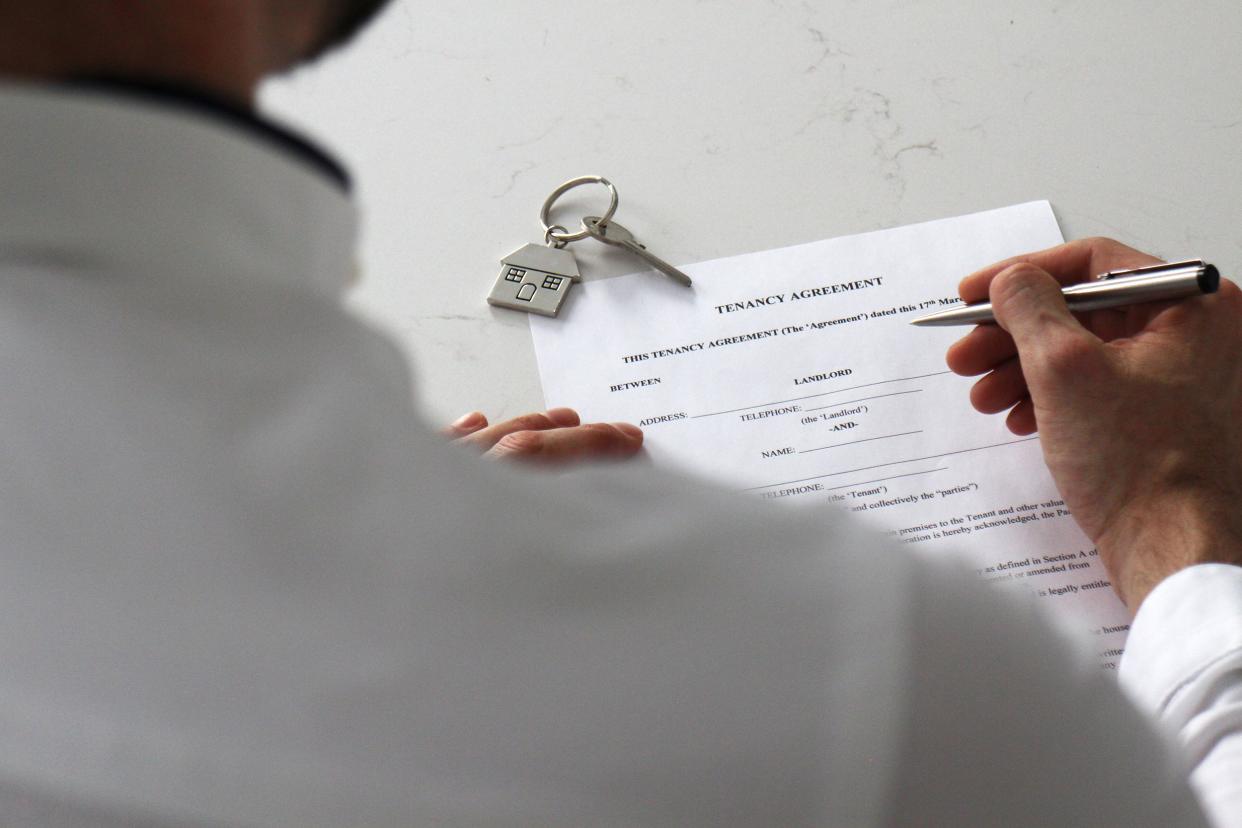
Use a Professional Lease Agreement
The lease agreement will be your binding contract with a tenant. Local apartment associations can provide a standard lease for your area. "This is where I see landlords make mistakes the most," Sasomsup stresses. "I have seen landlords draft their own lease agreement, and they're not enforceable. When you join an association like AAGLA, it's pretty much preset for you already so you don't have to do a lot of research."

Be Clear About Rules
As part of the lease agreement, the homeowner should set clear rules about what the renter may do in their home. "Are you going to allow animals in the home?" Banu says. "Are you going to allow smoking? I think it's very important for landlords that they think very carefully of the rules and regulations that they would like to impose on tenants."
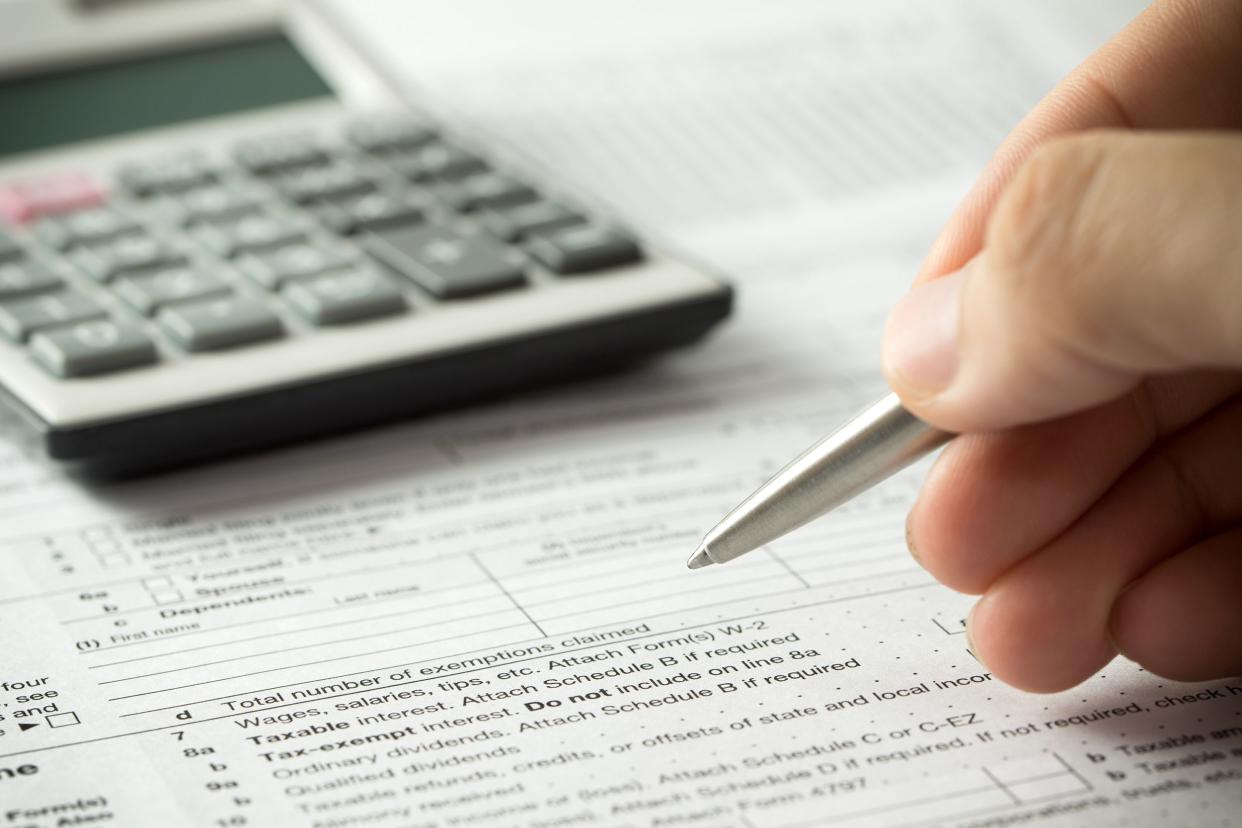
Tax Breaks
Fortunately, many of the costs of maintaining a rental property become tax deductions. Landlords "can write off pretty much everything from the management fee to the maintenance to the accounting fee to the depreciation, the mortgage, the insurance," Sasomsup says. And, under the Tax Cuts and Jobs Act, landlords can likely qualify to deduct 20% of their total taxable income, especially if they form an LLC. However, not everything is a write-off. While you can write off the cost of materials for repairs, Banu notes, "the time and effort you put into fixing up a home or making repairs is not deductible."

Keep Separate Bank Accounts
If you're renting out your home, you should have separate bank accounts for personal income and rental income. Rental property owners "should not comingle the funds," Sasomsup says. Furthermore, some states' landlord-tenant laws dictate that you keep monthly rental income and the security deposit in separate accounts. "The law is a bit strict about keeping rental income with the deposit," Sasomsup continues. "That deposit is not yours, [and it] should stay there" until renters move out, he adds, and then only touched if all or a portion of it is kept for damages.
